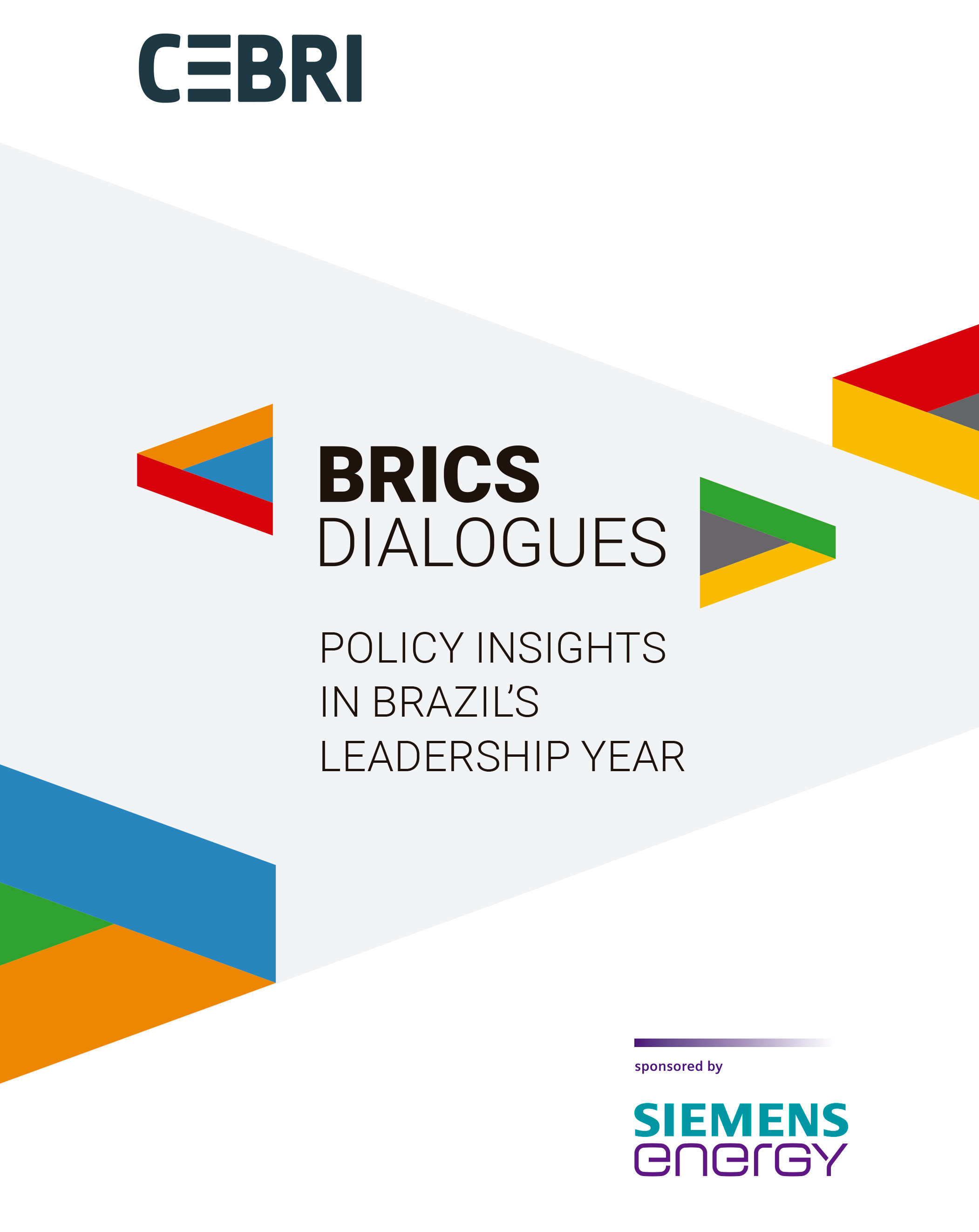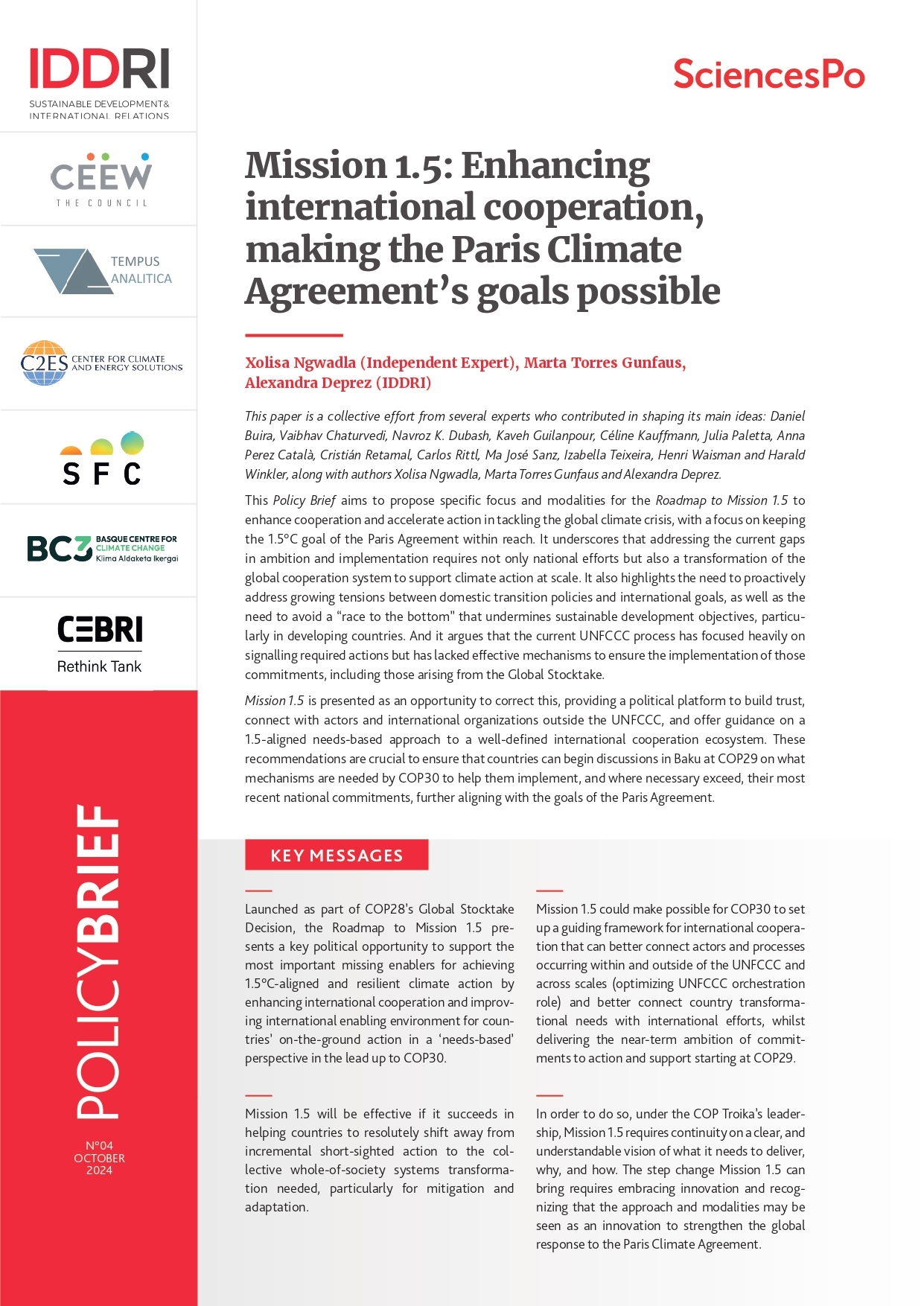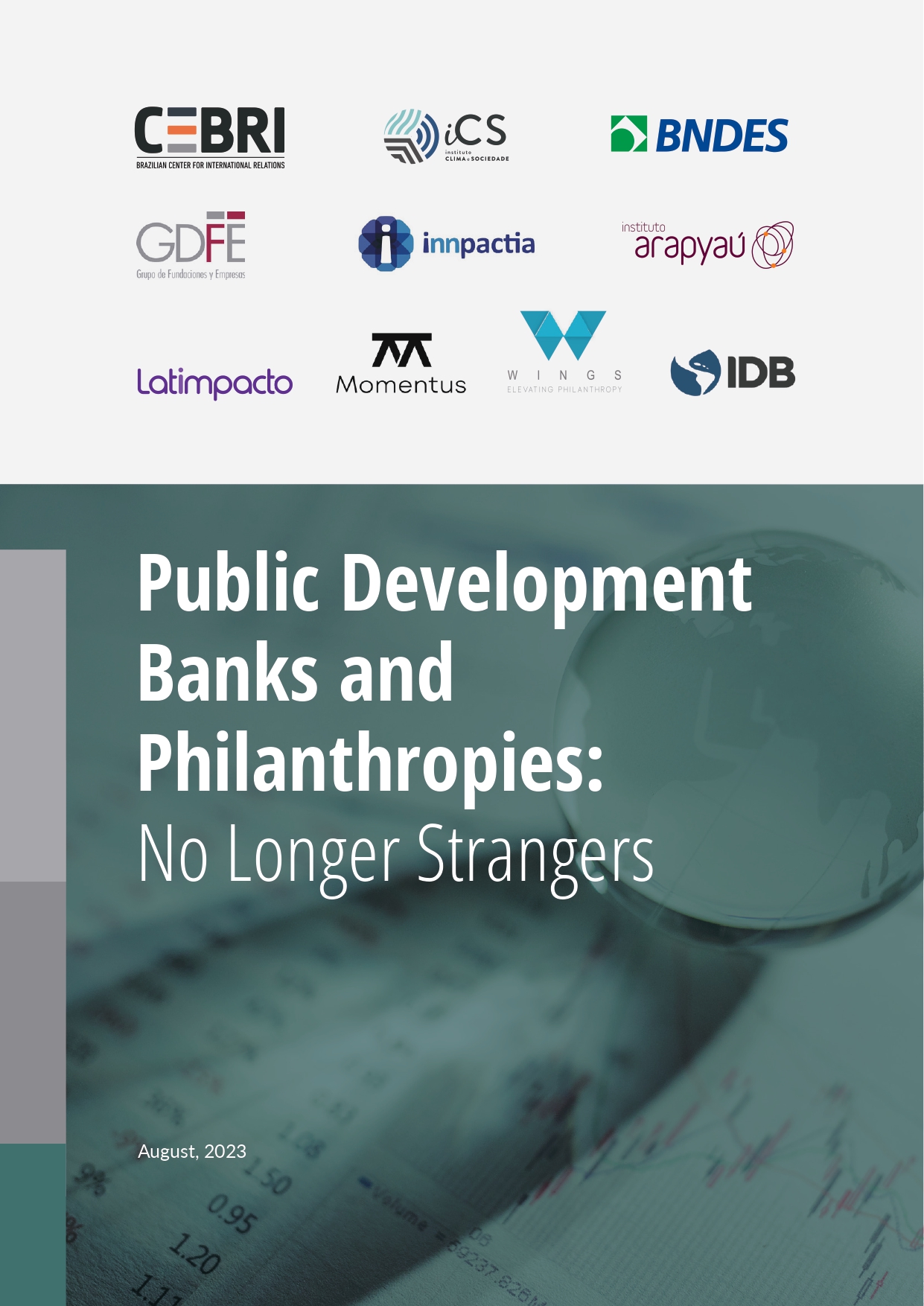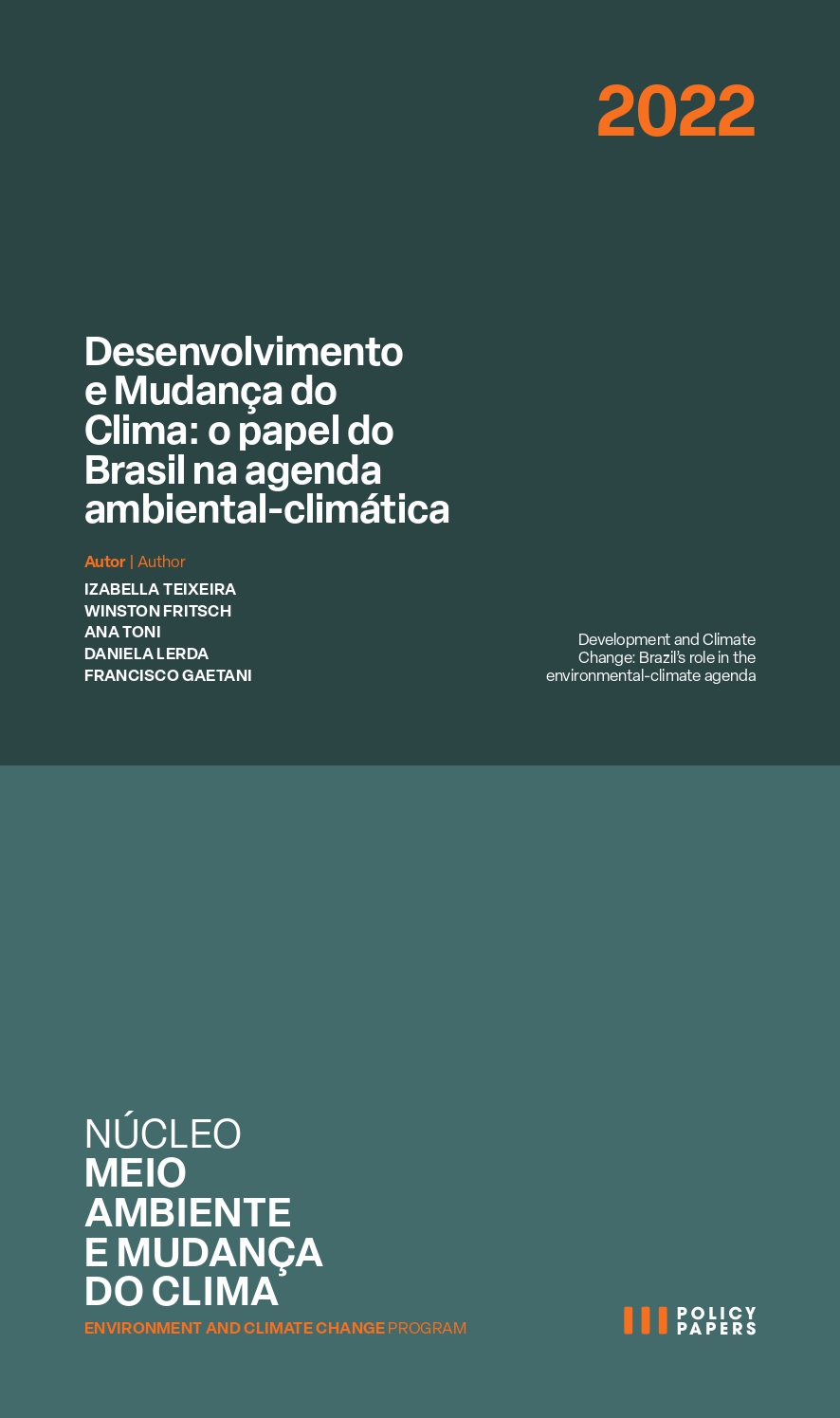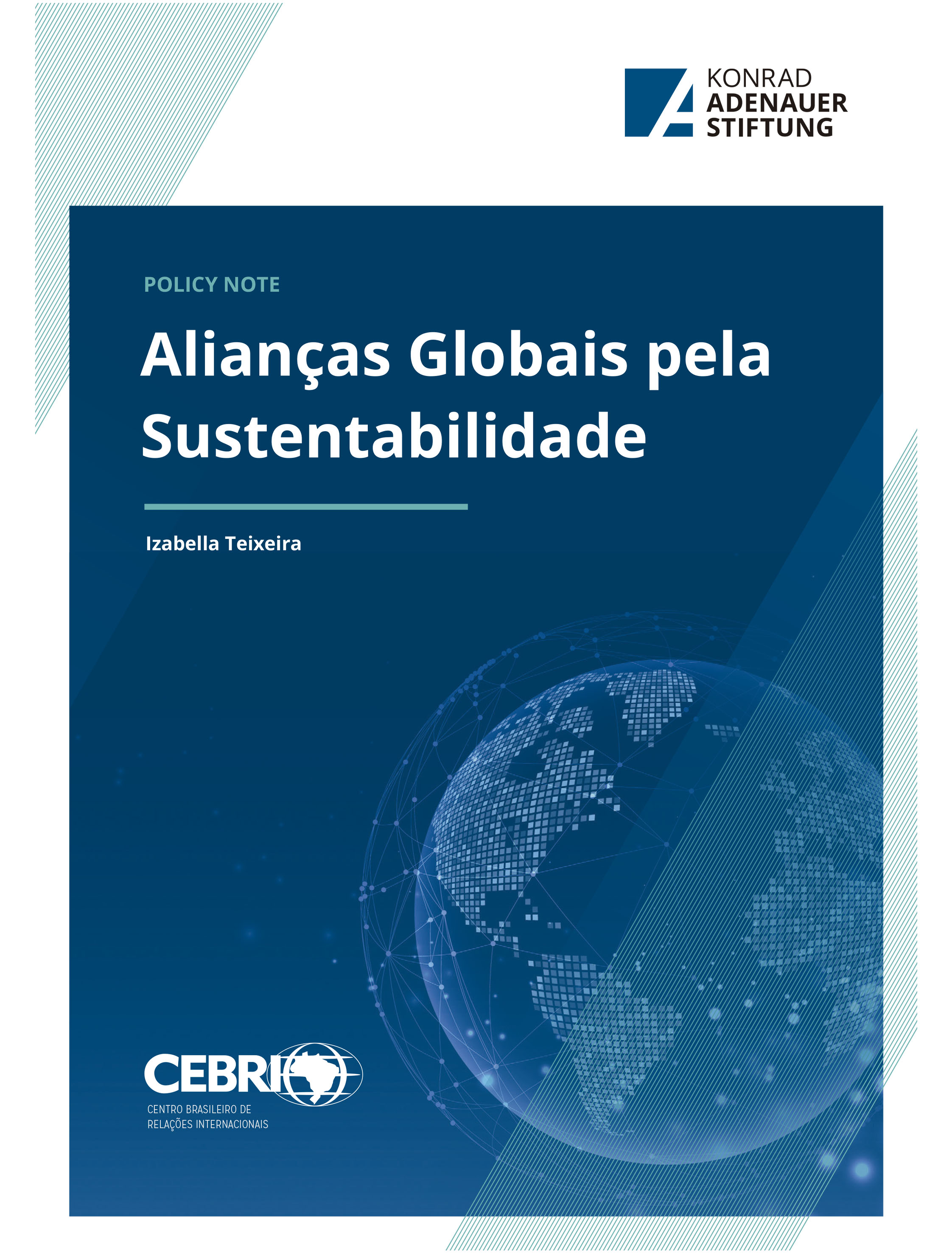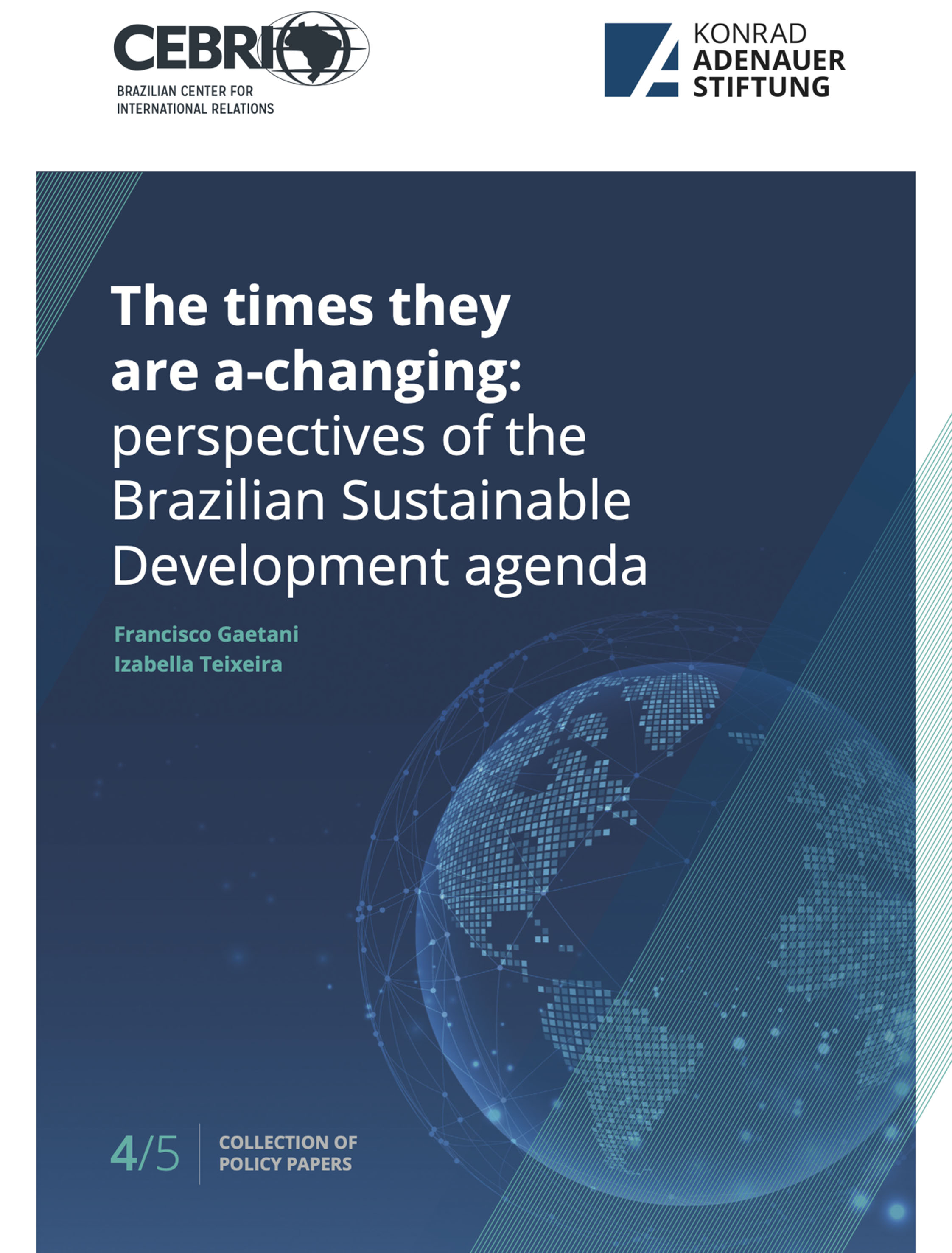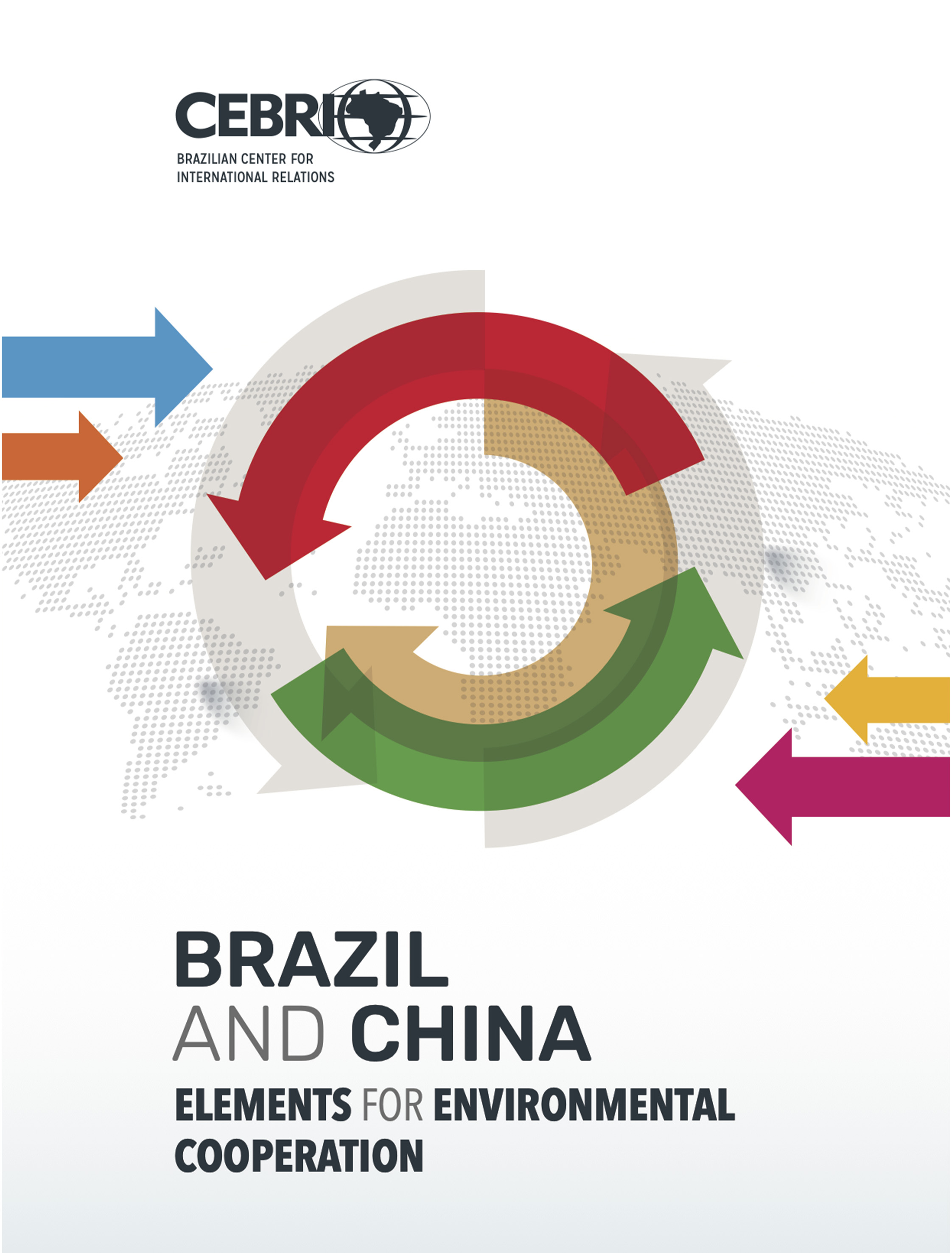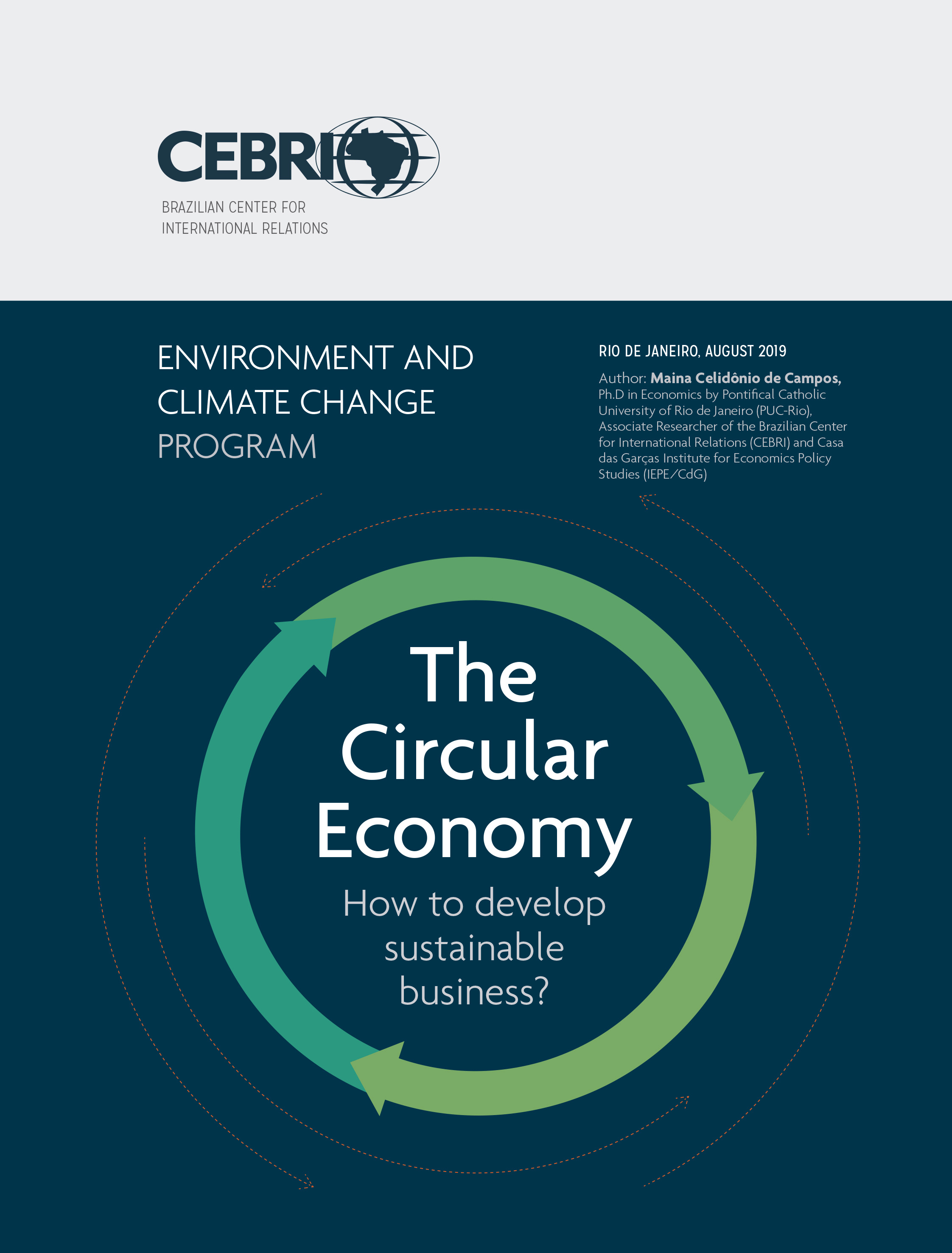Amid the fragmentation of the global order, Brazil’s presidency of the BRICS presents a strategic opportunity to advance an agenda focused on inclusive development, institutional reform, and enhanced strategic autonomy.
In this context, CEBRI supported the development of three policy papers aimed at informing debate and influencing decision-making within key BRICS mechanisms, including the New Development Bank (NDB), the BRICS Business Council, and sector-specific ministerial forums. The following sections summarize the main policy recommendations of each document:
-
Energy Transition and Climate Cooperation
-
Food Security and Agriculture
-
Digital Transformation and Artificial Intelligence (AI)
Given the interdependence of challenges in the domains of energy, food security, and digital transformation, the initiative proposes integrated, innovative, and scalable solutions. These papers offer Brazil and its BRICS partners a coherent and pragmatic roadmap to translate political ambition into measurable outcomes.
By investing in practical mechanisms—underpinned by financial, technological, and governance reforms—BRICS can enhance its collective voice, bridge key development gaps, and offer the Global South new models of inclusive, resilient, and sovereign development.
